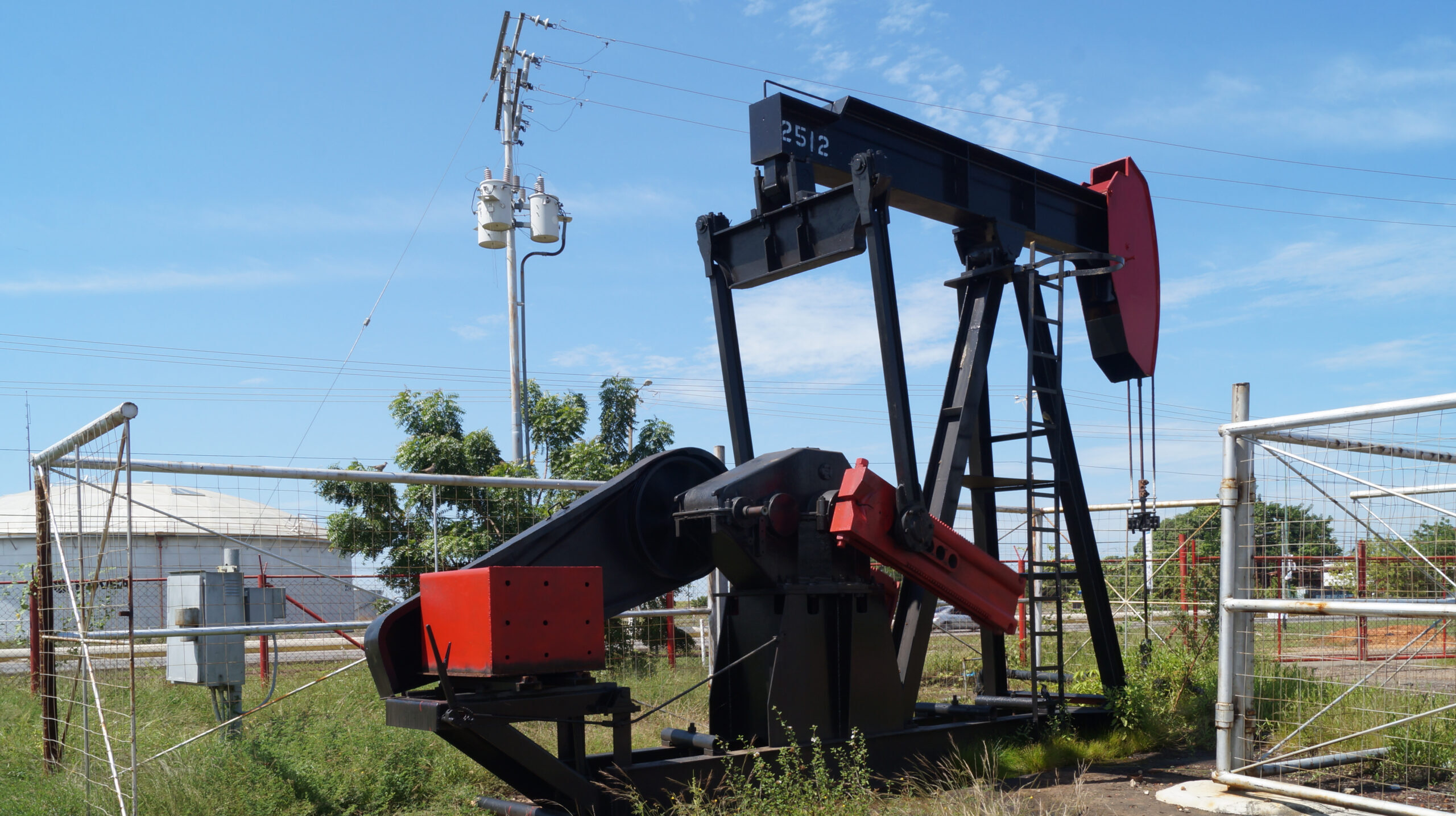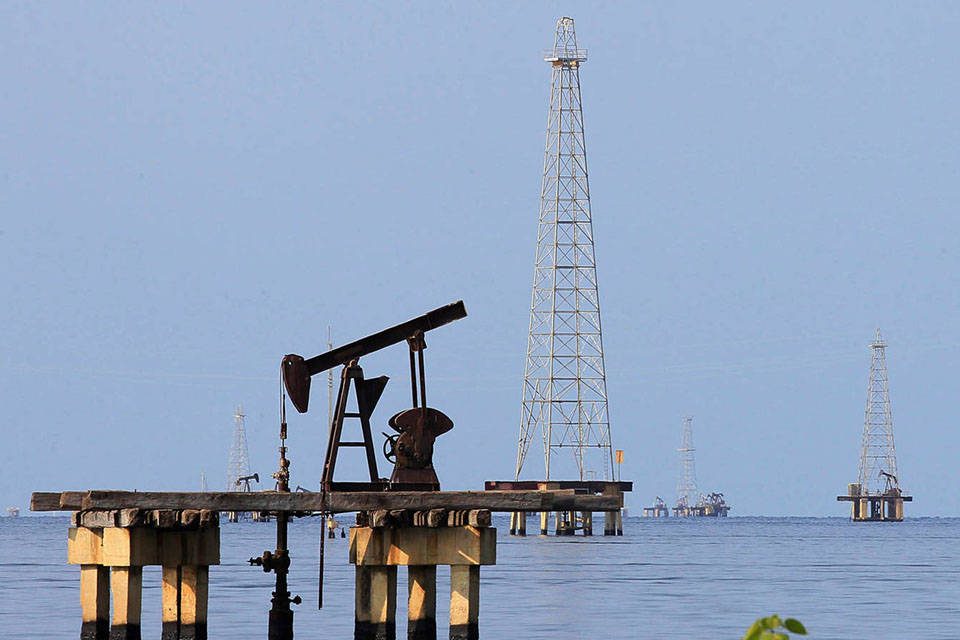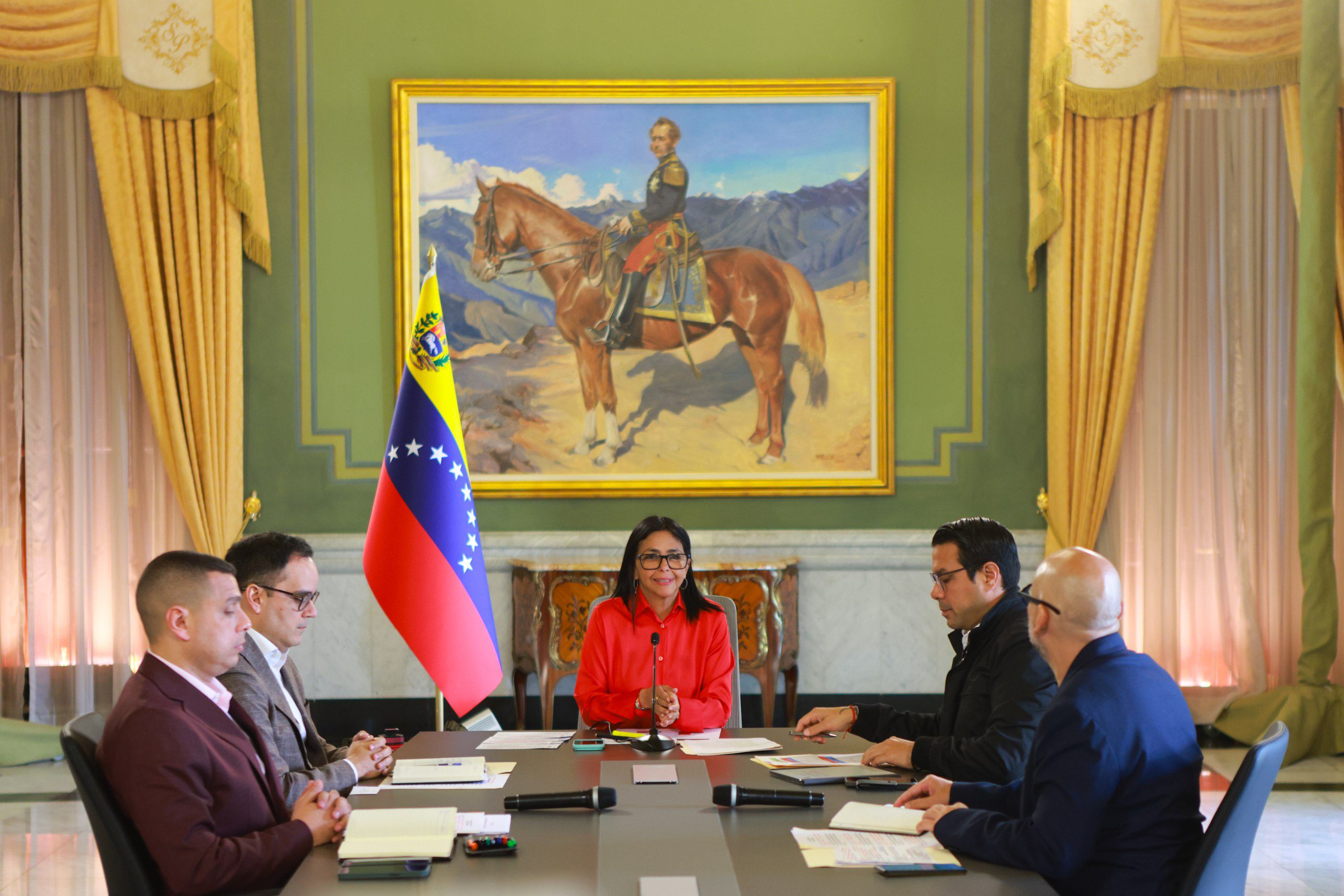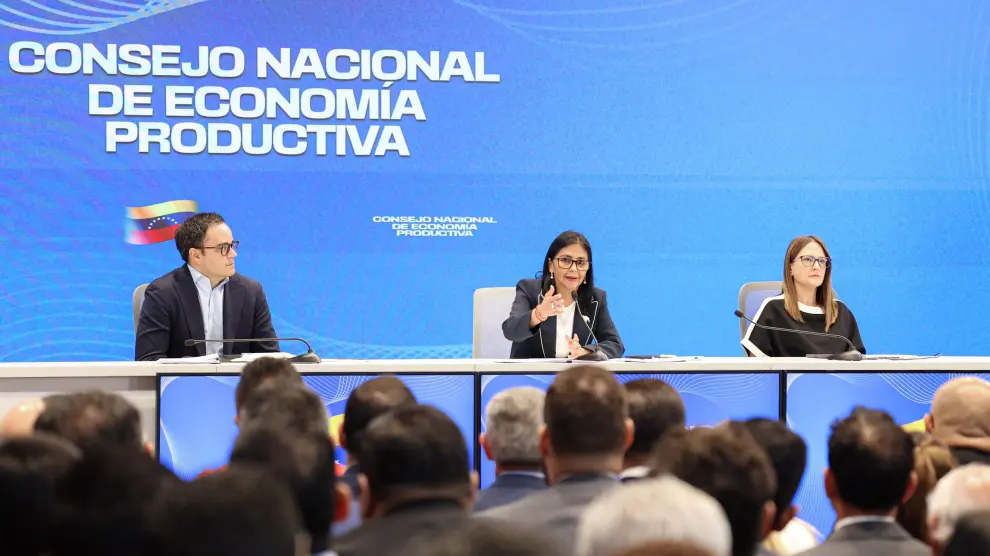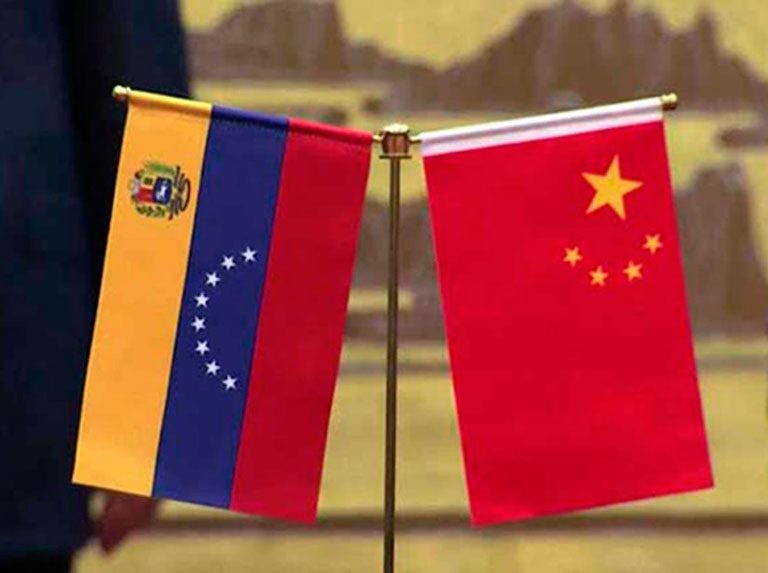An oil pumpjack in the Lagunillas municipality, Zulia. Photo: Rjcastillo.
Guacamaya, October 13, 2025. According to the latest OPEC report, Venezuela’s oil production has continued to increase since June despite the imposition of new restrictive measures by the United States.
In September, production increased by 27,000 barrels per day according to the secondary sources cited in the report, reaching 967,000 bpd. According to the direct communication from the Ministry of Hydrocarbons, it would have risen by 8,000 bpd to 1,105,000 bpd.
The production volume has also increased by 6 or 7% since January of this year, and exports by 26%, exceeding one million barrels for the first time last month.
The gradual growth of the oil sector is being achieved even as the Trump administration has canceled all OFAC licenses—although it has created a new one for Chevron—and has introduced the threat of 25% secondary tariffs against any country that buys Venezuelan oil and gas—although it has never materialized.
In recent months, part of the answer is Russia. According to the company Kpler, this nation began supplying naphtha in March and in recent months has become practically the only source.
Naphtha and other diluents are essential to mix with Venezuela’s extra-heavy crude, mostly found in the Orinoco Oil Belt. Otherwise, it would be too viscous to even move through pipelines.
With this, Russia is replacing the role that the United States had held since January 2023 with the resumption of operations by Chevron.
Venezuela was also storing diluents before the term of the first Chevron license ended. In May, we can see that naphtha imports from the United States increased by 94% from March to May, reaching 107,700 barrels per day.
Iran has also played an important role in the import of diluents other than naphtha, especially during periods when sanctions have intensified the most.
It is worth noting that in recent months Venezuela has not had any active rotary drilling rigs. These are indicators that new production is being invested in. On the contrary, PDVSA and its partners remain focused on operational expenses and repairs, without making new investments.

